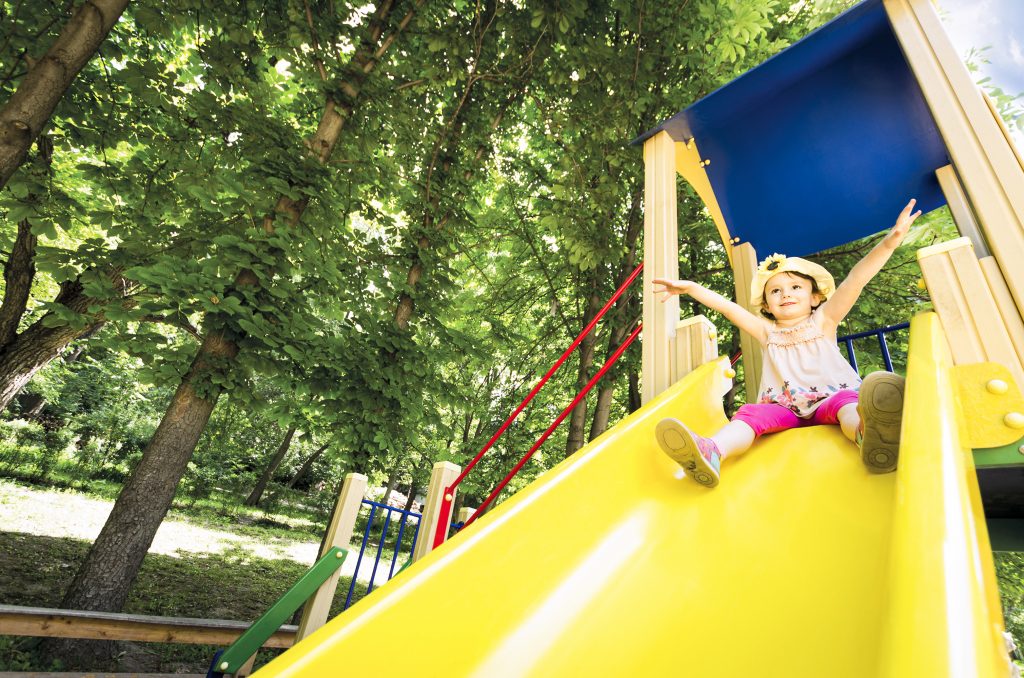Parents hear it every year: watch out for summer learning loss. But how do you avoid the summer slide?
We don’t know exactly how much kids lose every summer, but most kids lose significant knowledge gains in the same one subject: math. To help keep kids sharp, we put together some fun, simple games your family can play together this summer. Who knows? Maybe parents will even have a little fun, too.
Go for a walk
This activity is great for young kids especially as they’re learning basic math skills like counting and addition. Take a stroll around the neighborhood and ask them how many items they see. How many windows are on that house? How many colors of flowers are in that garden? To up the ante, you can both pick an object — cars, bikes, even lawn gnomes — and count them up on your walk. Whoever finds the most of their object by the time you get home, wins!
Play the license plate game
If you’re out on a road trip or headed to your favorite Black Hills destination, this is an easy game to pass time on the way. Pick a target number. Then see who can find a license plate that can make the number through a series of mathematical functions. For example, if your number is 18, a plate with a 4, 5, and 2 could mean 4 + 5, multiplied by 2, is 18!
Go out for ice cream
Discuss how many combinations of ice cream cones you can get. Start with a two-scoop cone; how many combinations are there with the flavors available? What if you add in rules like the two scoops can’t be the same flavor? Or the first scoop has to be vanilla? You don’t have to come up with a final number if you don’t want to; walking through the theoretical steps of how you would find the number is working through permutations and combinations. Whatever you do, don’t worry about counting calories.
Play a yard game
You can do this with almost any game, but cornhole is a classic. Play the first round with traditional scoring rules; a bean bag on the board is one point, in the hole is three. The first team to meet or exceed 21 points wins. The next round, make up your own rules based on mathematical functions. For example, if your score for the round is a prime number you get an extra point, or if your total score is a square number, you have to take the square root of and that’s your new score. The possibilities are endless, and you can take turns coming up with new rules. Who knows? Maybe you’ll like your new house rules version better!

